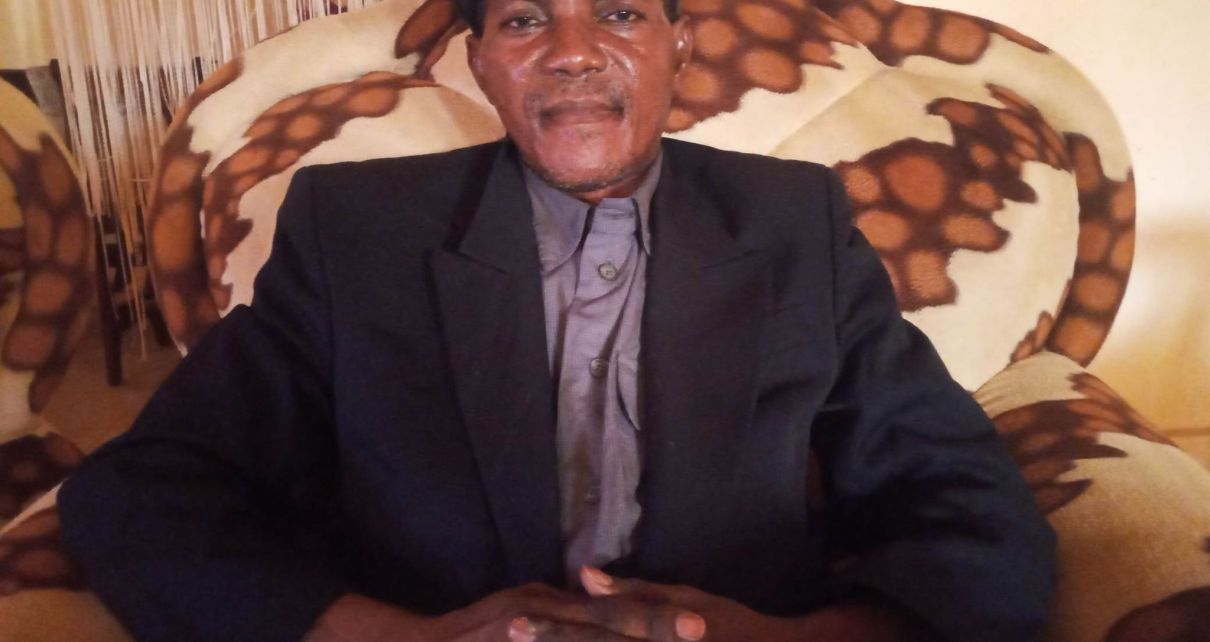The National Human Rights Commission has called on The Gambia government to strengthen efforts to curb the menace of HIV epidemic and invest adequately in the virus prevention programmes.
The commission’s call comes as the world commemorated World AIDS Day celebrated every year across the globe on 1st December.
“Under this year’s theme: “End inequalities. End AIDS”, we called on the Gambia Government to strengthen its efforts to curb the menace of this epidemic, invest adequately in HIV prevention programmes, treatment and care services, prioritize the fundamental needs of people living with HIV/AIDS, and put in place robust recovery, rehabilitation and reintegration programmes that guarantee the dignity of every person living with HIV/AIDS,” the commission’s chairman Emmanuel D. Joof said in a statement.
“As HIV/AIDS remains a major public health issue that affects millions of people across the world, we salute the courage of all people living with HIV/AIDS who continue to endure stigma, discrimination and violations of their fundamental human rights, and the sacrifice of all frontline health workers and organizations working to eliminate the disease.
“The National Human Rights Commission (NHRC) joins the rest of the world to remember and highlight the need for a continuous support to those who are living with the conditions caused by the Human Immunodeficiency Virus (HIV/AIDS),” he added.
According to the 2014 preliminary National HIV Sentinel Surveillance, the HIV prevalence in The Gambia is estimated at 1.4% (88 out of 6120) among antenatal women 15-49 years.
The commission said according to WHO, is a generalized HIV epidemic. There is however disparities in prevalence rates among the regions and pockets of high HIV prevalence concentrated among key populations.
A WHO Report states that important targets for 2020 were not met, and that “division, disparity and disregard” for human rights are some of the major failures that allowed HIV to become and remain a global health crisis. The situation has been exacerbated by the impact of the COVID-19, which makes the lives of many people living with HIV more challenging.





